How to Measure Hitch Drop & Select a Ball Mount
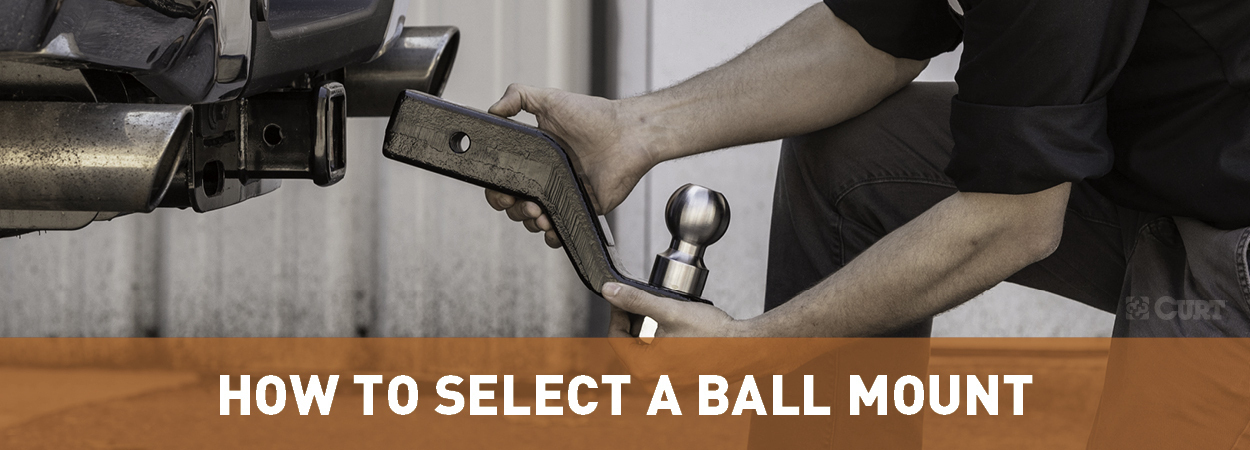

Which Ball Mount Do I Need?
How to Measure Hitch Drop
Hitching up your trailer requires a secure connection. This means choosing the right trailer hitch ball mount for your towing setup.
In this guide, we will walk through some of the considerations for choosing a ball mount, including measuring hitch drop, how to select the right shank size and how to determine the correct weight capacity.
Step 1: Measure Hitch Drop or Rise
First, you must consider the height of your trailer. When towing, your vehicle and trailer must be level. If your trailer rides lower or higher than your vehicle, a ball mount can be used to make up the difference.
The diagram below offers a quick explanation for how to measure trailer hitch ball height. Measure the distance from the ground to the top of the inside of your hitch receiver (A), and subtract it from the distance from the ground to the bottom of the trailer coupler (B).
B minus A equals C, the drop.
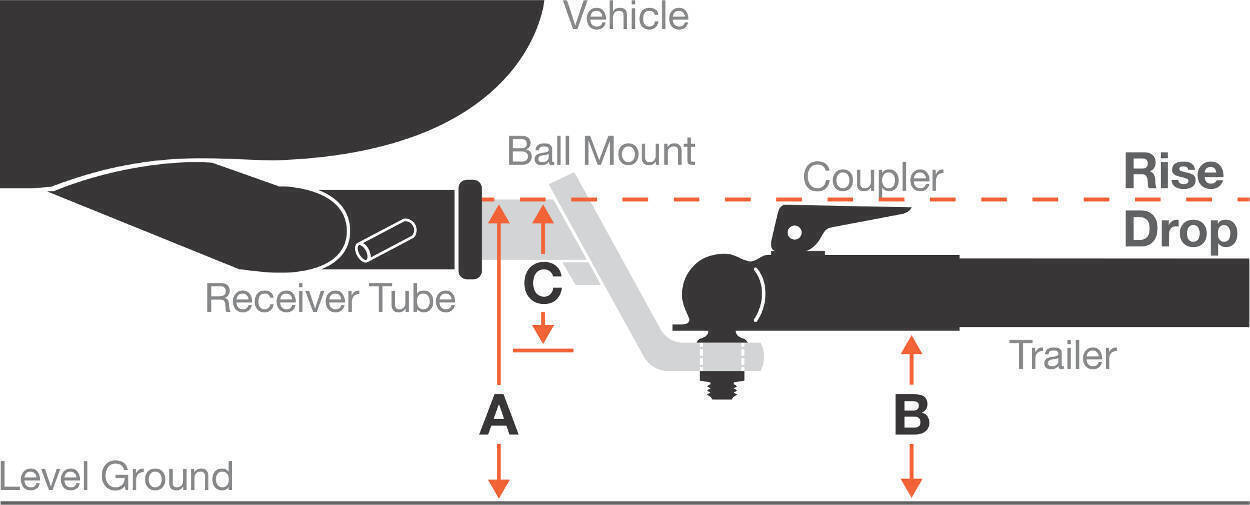

Can You Flip a Ball Mount?
Many trailer hitch ball mounts are designed to be flipped in the receiver tube to allow for necessary rise. Rise is the opposite of drop. It is needed when a trailer rides higher than the tow vehicle. Rise can be determined using the same method shown above.
Before choosing a ball hitch for a rise application, be sure to check that it is compatible. Not all models can safely be used in the rise position.
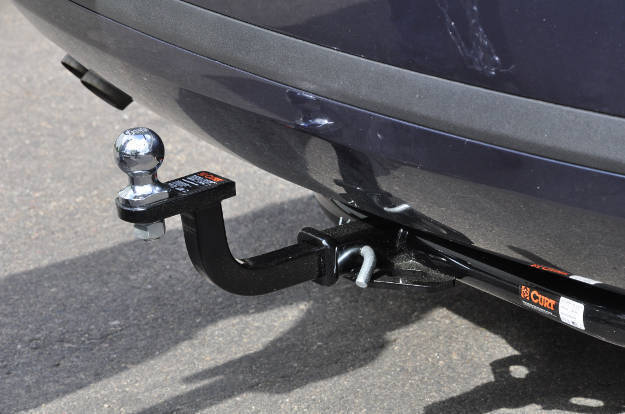

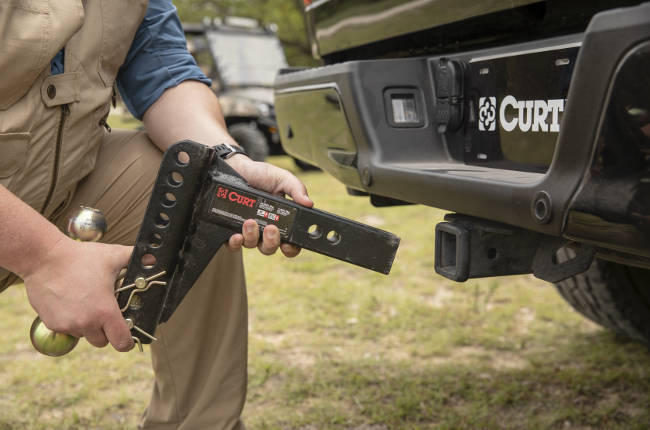

What About Adjustable Options?
If you are planning to tow different trailers with differing coupler heights, you may wish to select an adjustable mount. Adjustable mounts allow for incremental height adjustment and can typically be flipped for use in the drop or rise position to maximize versatility.
An adjustable mount is an excellent choice for work trucks and fleet vehicles that will be used for towing multiple trailers.
What Is the Trailer Hitch Standard Height?
There is no standard, universal height for all trailer hitches because every vehicle rides at different heights. Proper trailer hitch height is unique to each vehicle.
However, when a hitch is engineered, the clearance from the ground is taken into consideration. A trailer hitch and ball mount must ride high enough off the ground to avoid scraping, even over bumpers and potholes.
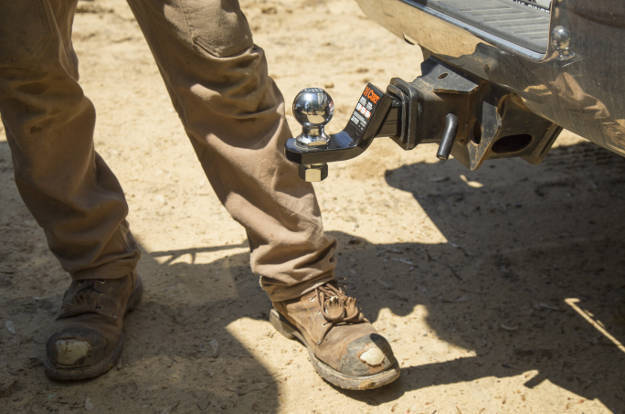

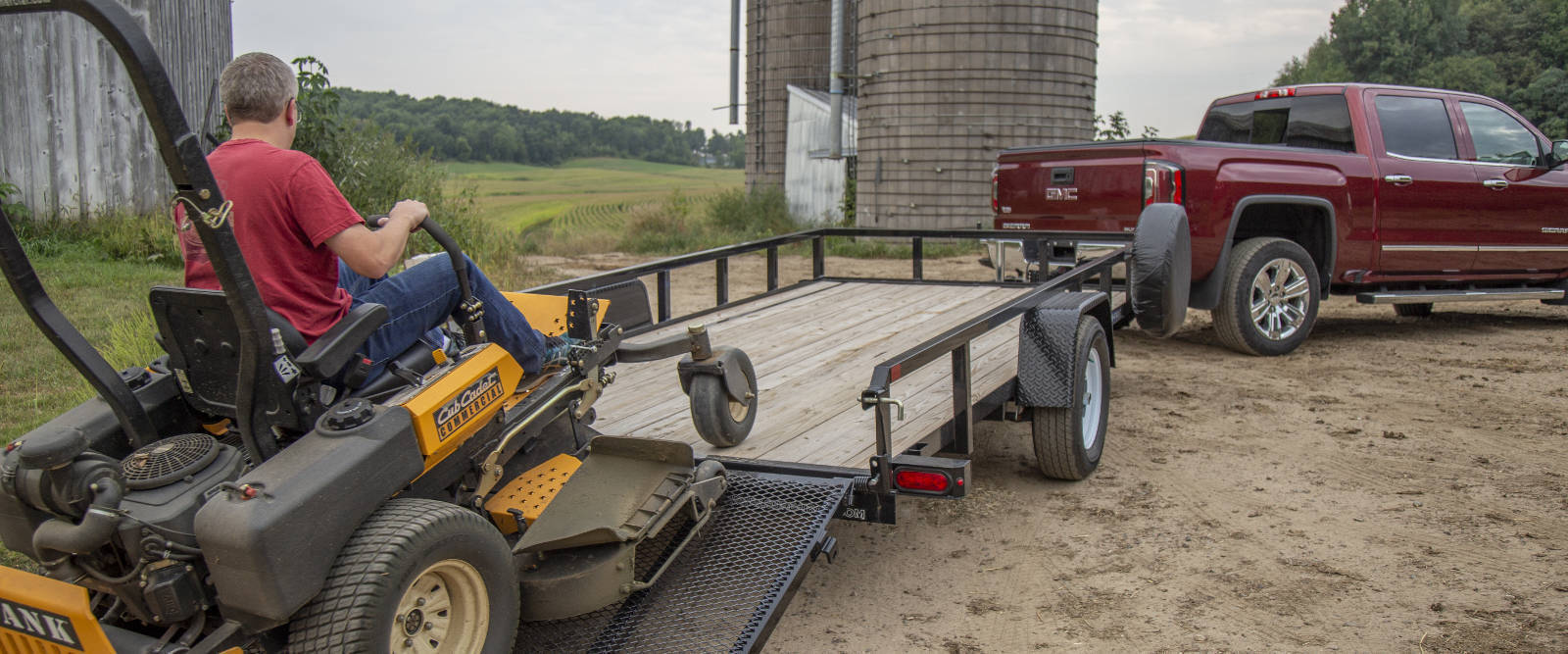

Step 2: Determine the Shank Size
What size ball mount do you need? Trailer hitch ball mounts come in a wide variety of sizes, shapes and styles to accommodate virtually any towing setup. However, shank sizes are standardized to four basic options: 1-1/4", 2", 2-1/2" and 3".
The shank size of the ball hitch must match the receiver tube size of your trailer hitch. If the shank and receiver tube do not match, a receiver tube adapter will be needed. To find the best ball mount for your trailer hitch, measure the receiver tube opening.
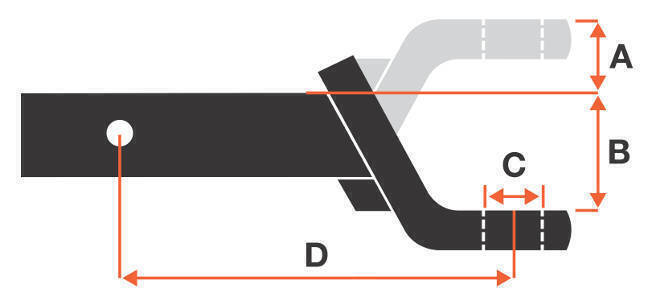

How to Measure a Ball Mount
A. Rise is the distance the ball platform is set above the top of the shank.
B. Drop is the distance the ball platform is set below the top of the shank.
C. Hole size is the diameter of the trailer ball shank required to fit in the ball mount.
D. Length is the distance from the pin hole center to the ball hole center.
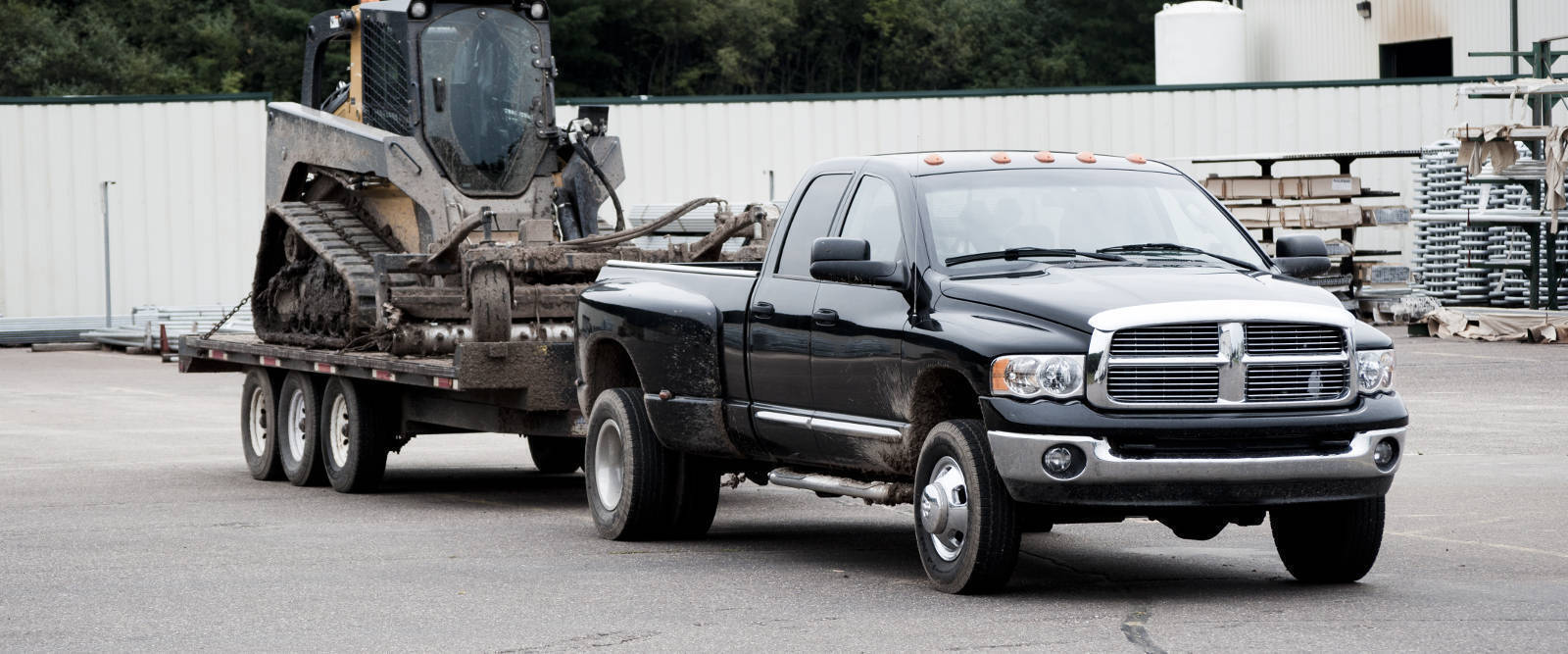

Step 3: Find Your Weight Capacity
How much can a ball mount tow? Once the shank size is determined, you must know the weight of the trailer you’ll be towing. There are two measurements to consider: gross trailer weight (GTW) and tongue weight (TW). The GTW is the total weight of your trailer. The TW is the weight of the trailer, measured at the tongue or coupling point.
The ball hitch you purchase must exceed the GTW and TW. However, it may be more helpful to consider your vehicle's tow rating, as determined by the vehicle manufacturer. Because you may want to tow other trailers in the future, it is best to select a ball mount that meets or exceeds your vehicle's tow rating.
Step 4: Find a Trailer Ball
With the hitch drop or rise, shank size and weight capacity determined, the only thing left to consider is the trailer ball. CURT offers ball mounts with or without a ball included. Our towing starter kits come with a pre-attached trailer ball and other accessory options. Make sure the ball diameter matches your coupler size.
CURT ball mounts are also available without a trailer ball. Before selecting this option, understand that a trailer ball requires a great amount of torque for installation. Professional assistance may be needed.
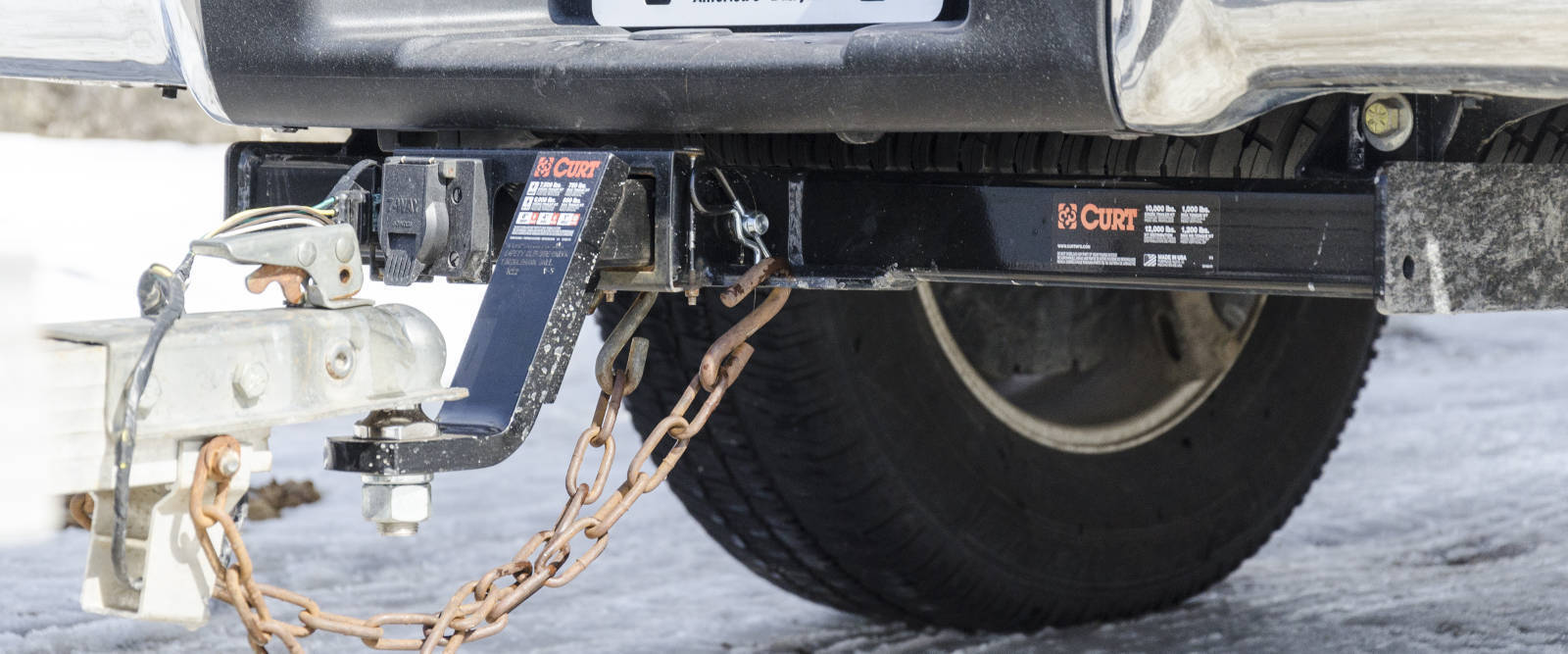

3 Qualifications for Choosing a Ball Mount
Hitch drop, shank size and weight capacity
The ball mount you choose for your vehicle and trailer should meet three qualifications. It needs to have the right drop / rise, the correct shank size and sufficient weight capacity.
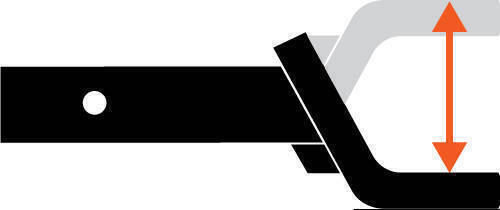

1. Measuring hitch drop
The ball mount must accommodate the height of the vehicle, compensating to keep the trailer level.
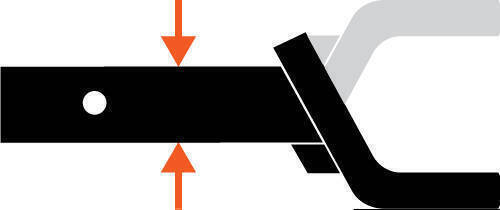

2. Shank size
The hitch bar of the ball mount that inserts into the hitch must match the dimensions of the receiver.
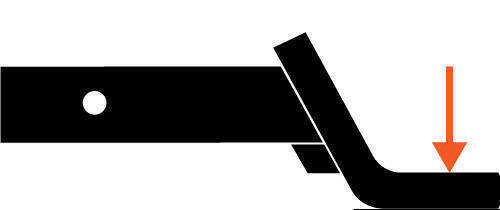

3. Weight capacity
The ball mount must be rated to tow your trailer, including both gross trailer weight and tongue weight.
How to Select a Ball Mount Video
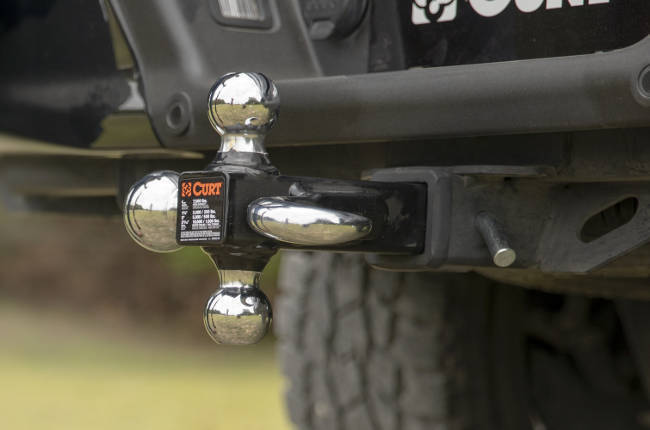

What About Multi-Ball Mounts?
An alternative ball hitch option is a multi-ball mount. As the name suggests, a multi-ball mount has multiple trailer balls on one shank, each with a different diameter. This allows you to easily switch between ball sizes without requiring you to purchase multiple ball mounts.
The same guidelines of drop / rise, shank size and weight capacity apply to multi-ball mounts.
 ARIES
ARIES  CURT
CURT  LUVERNE
LUVERNE  UWS
UWS 



